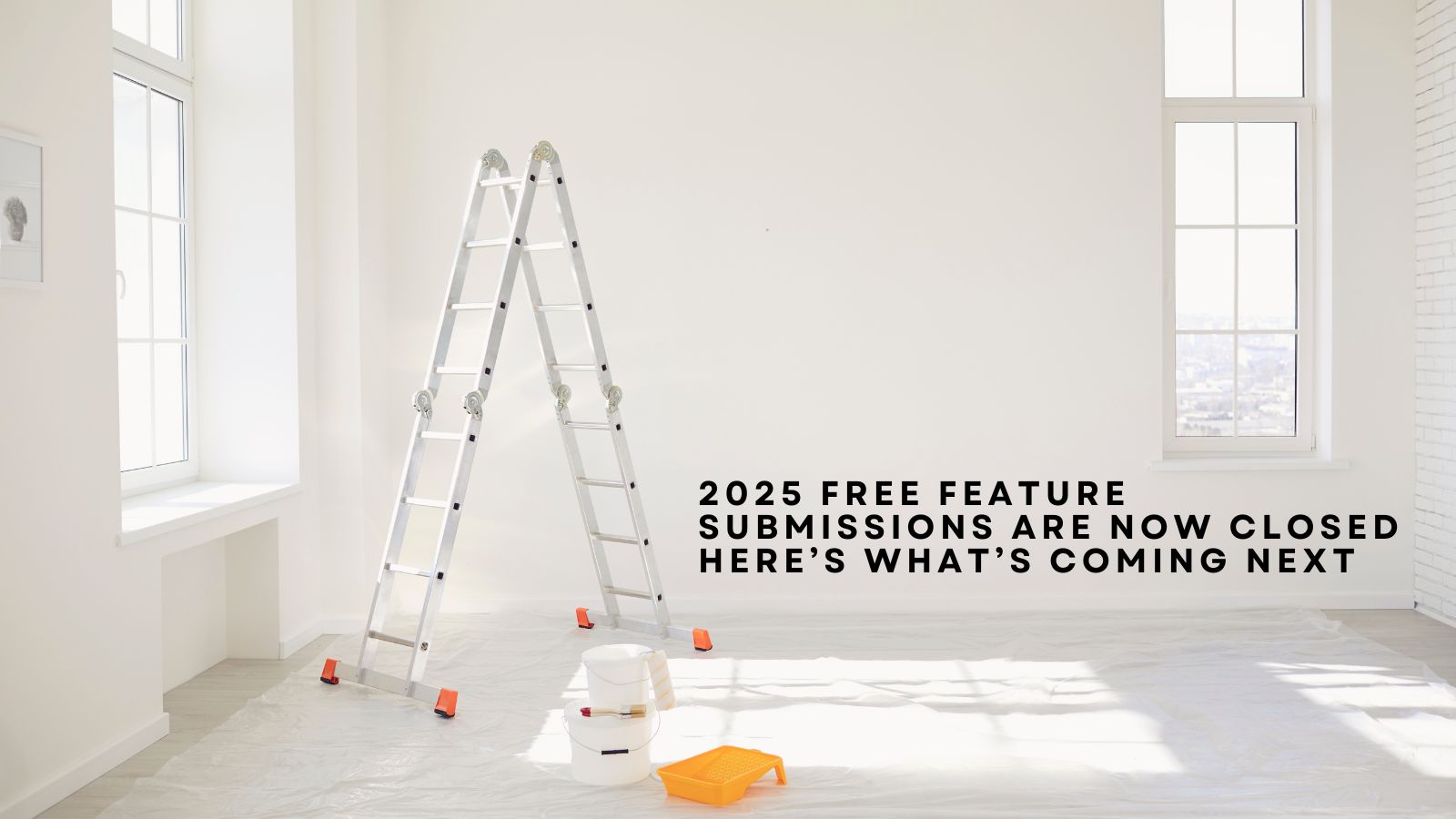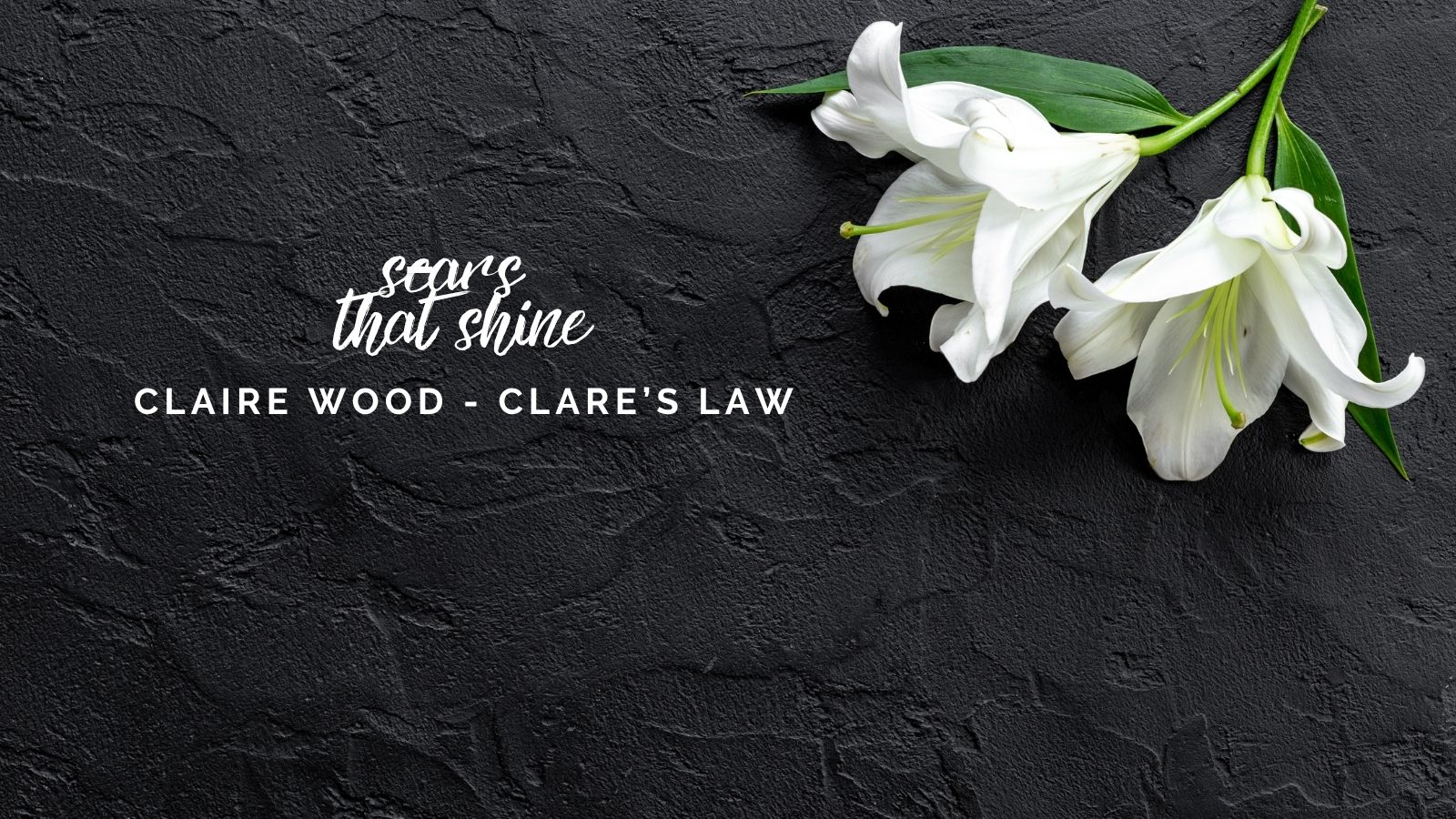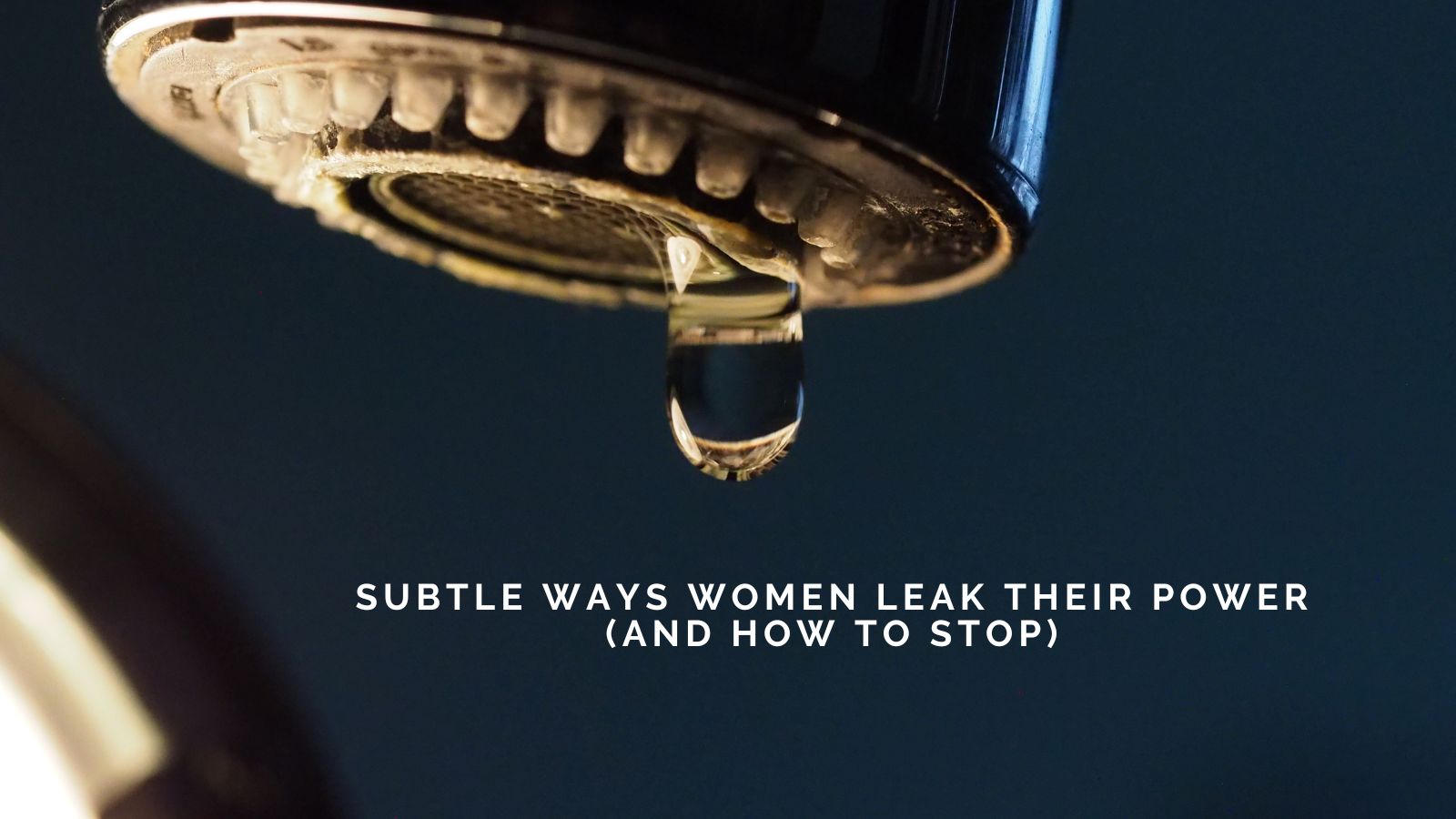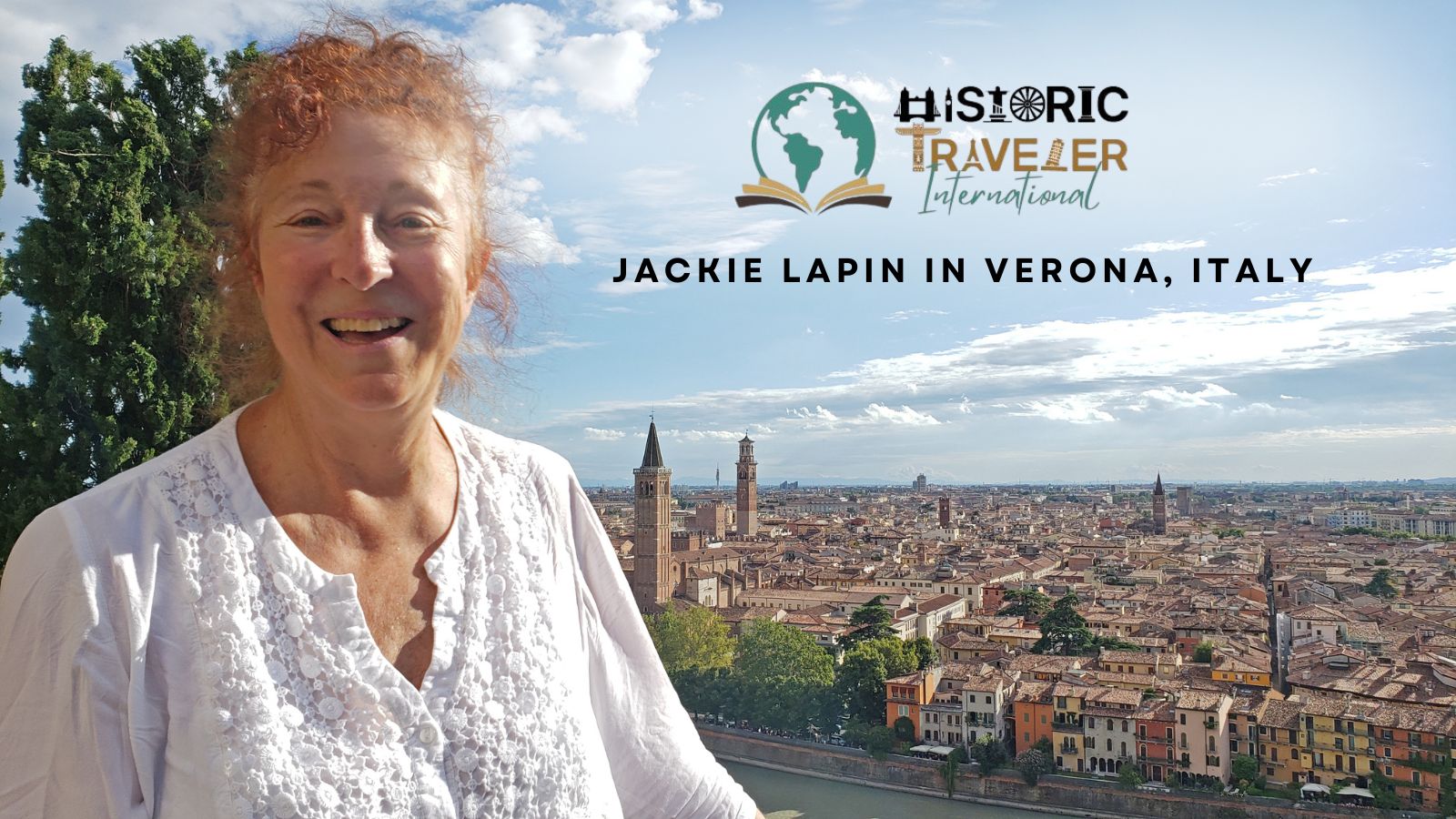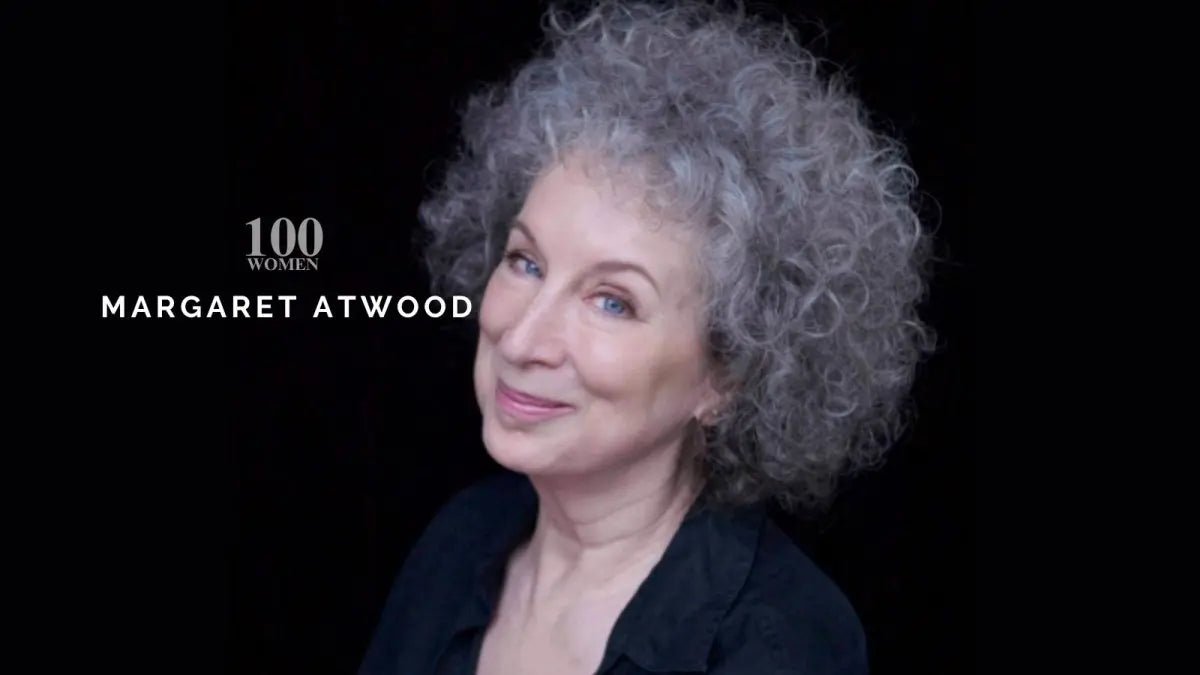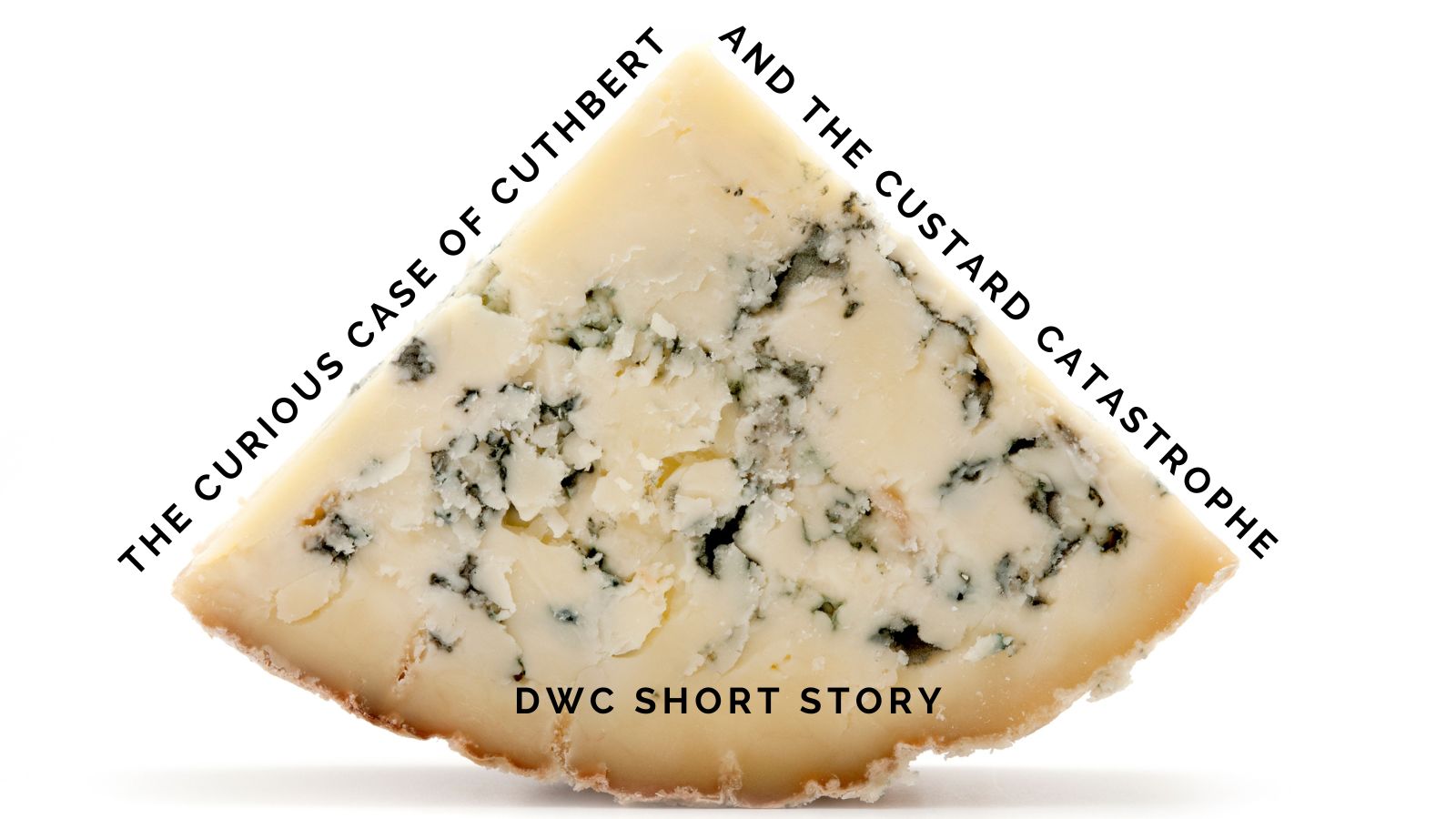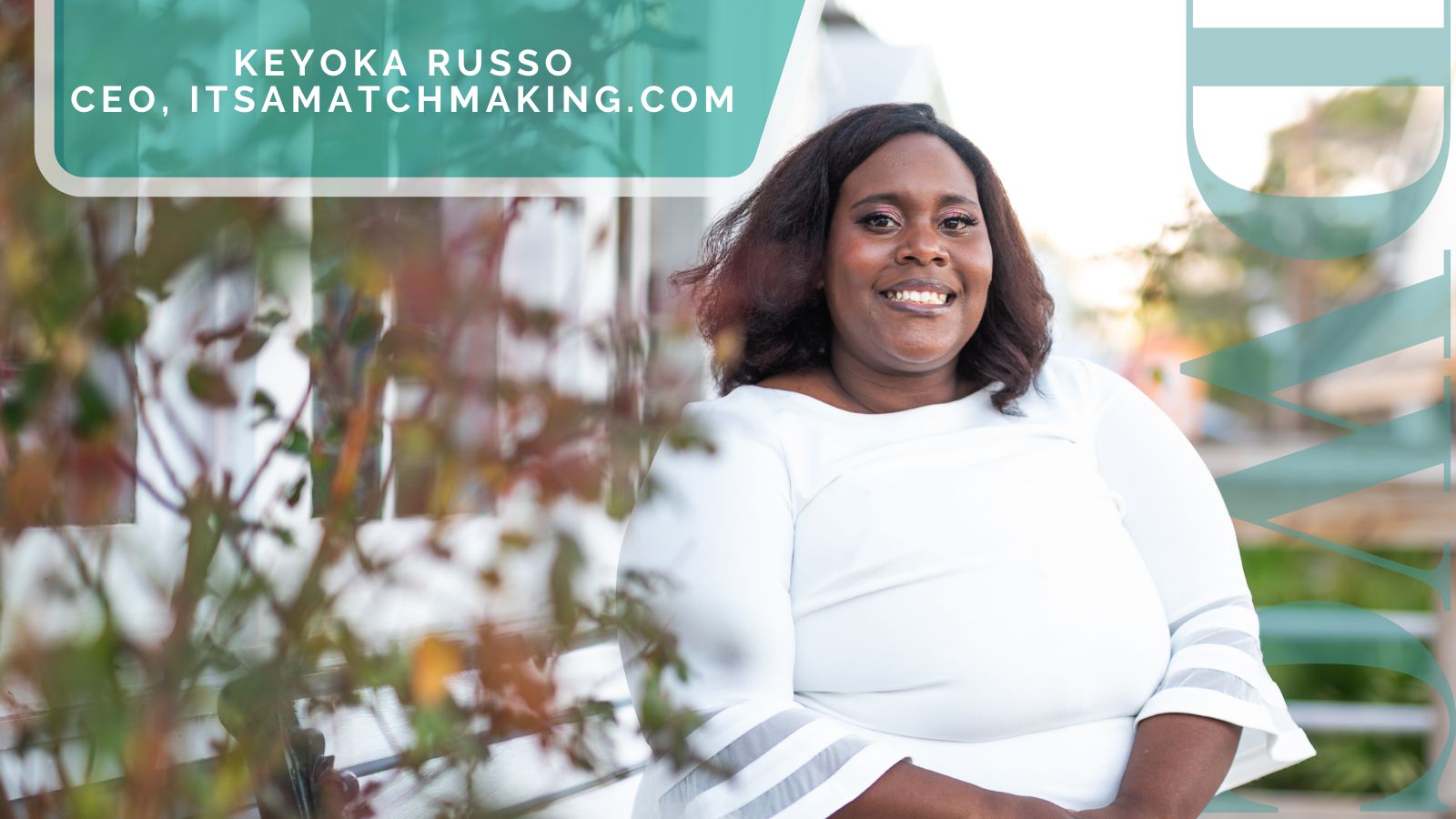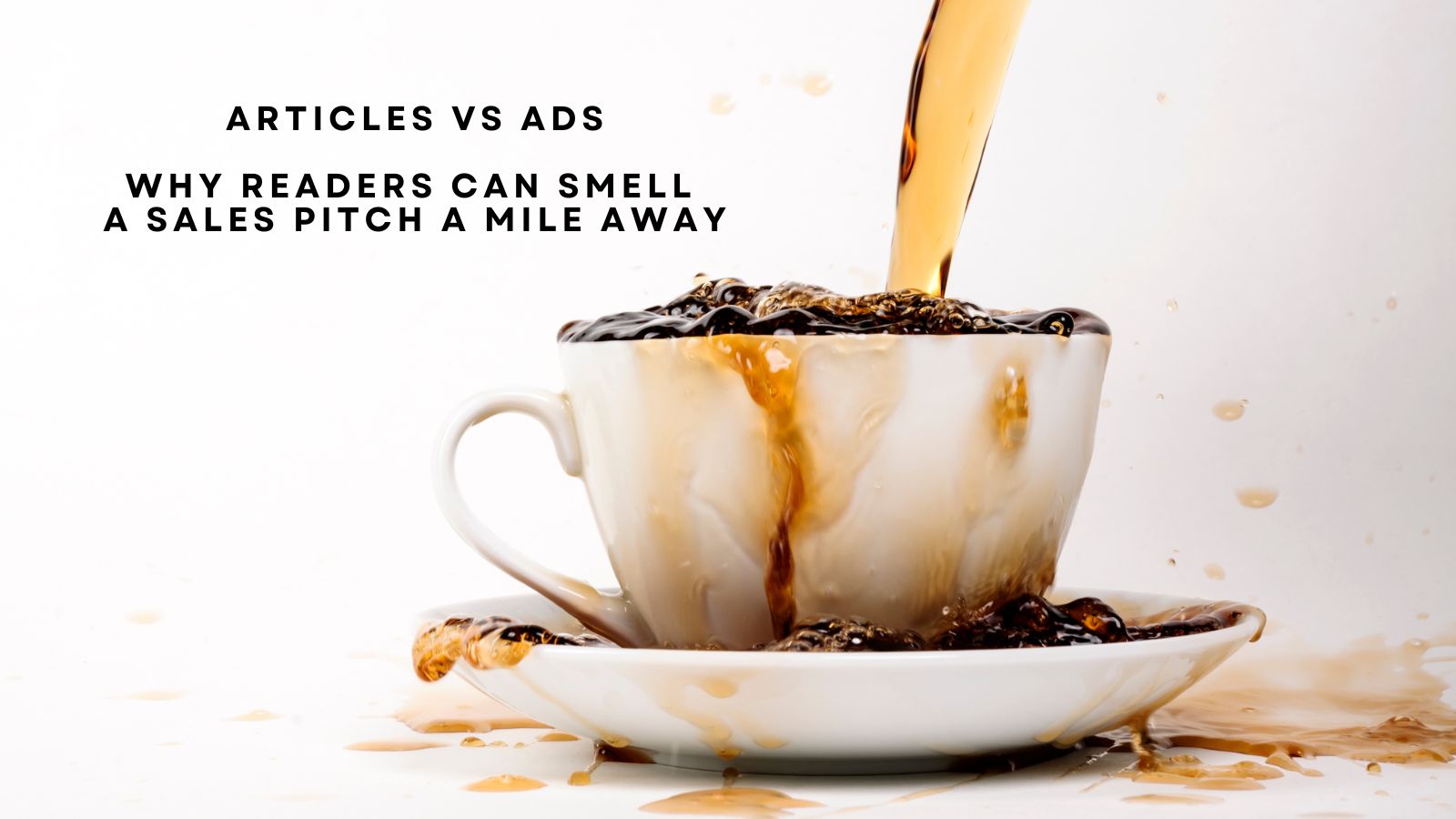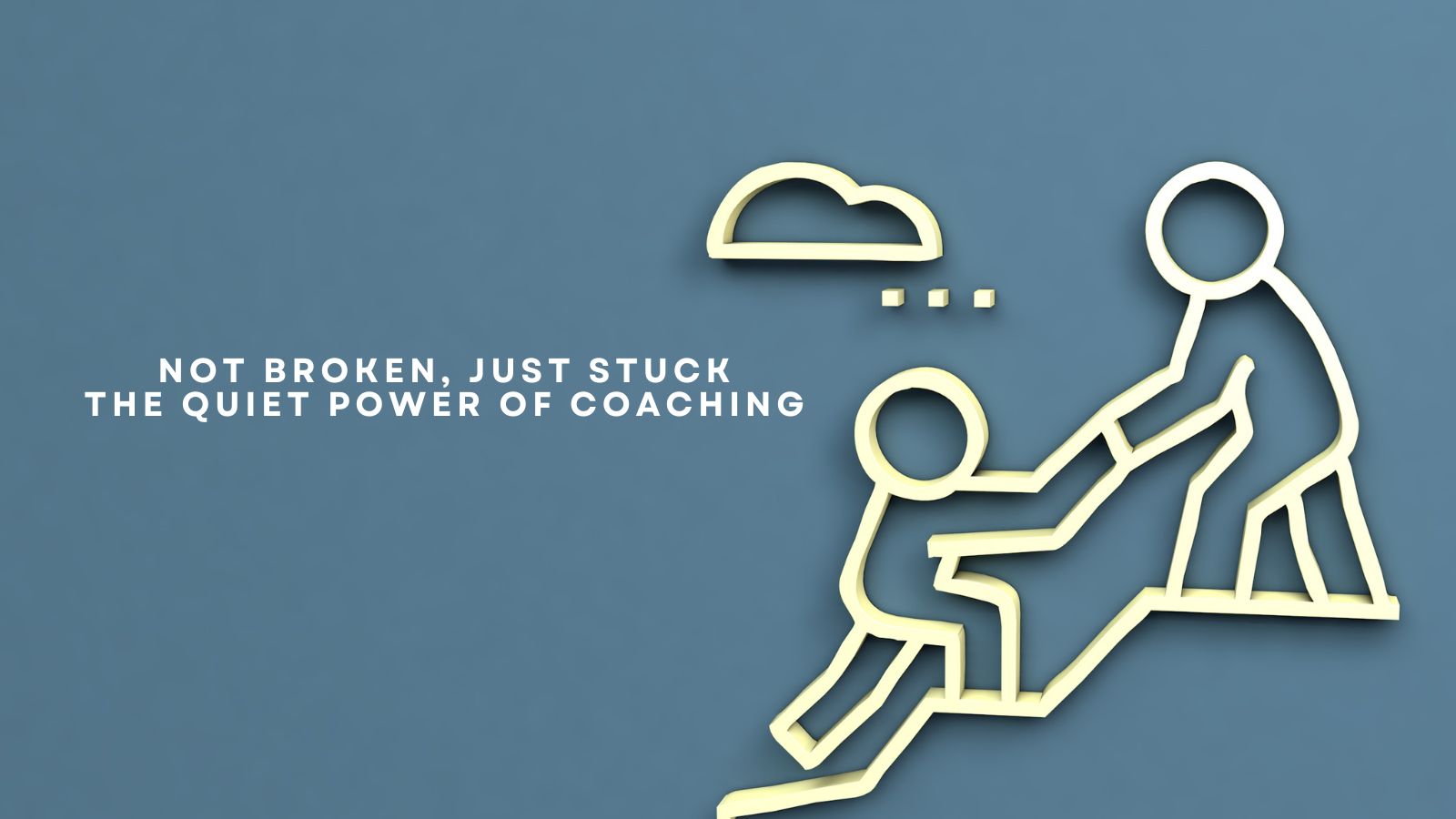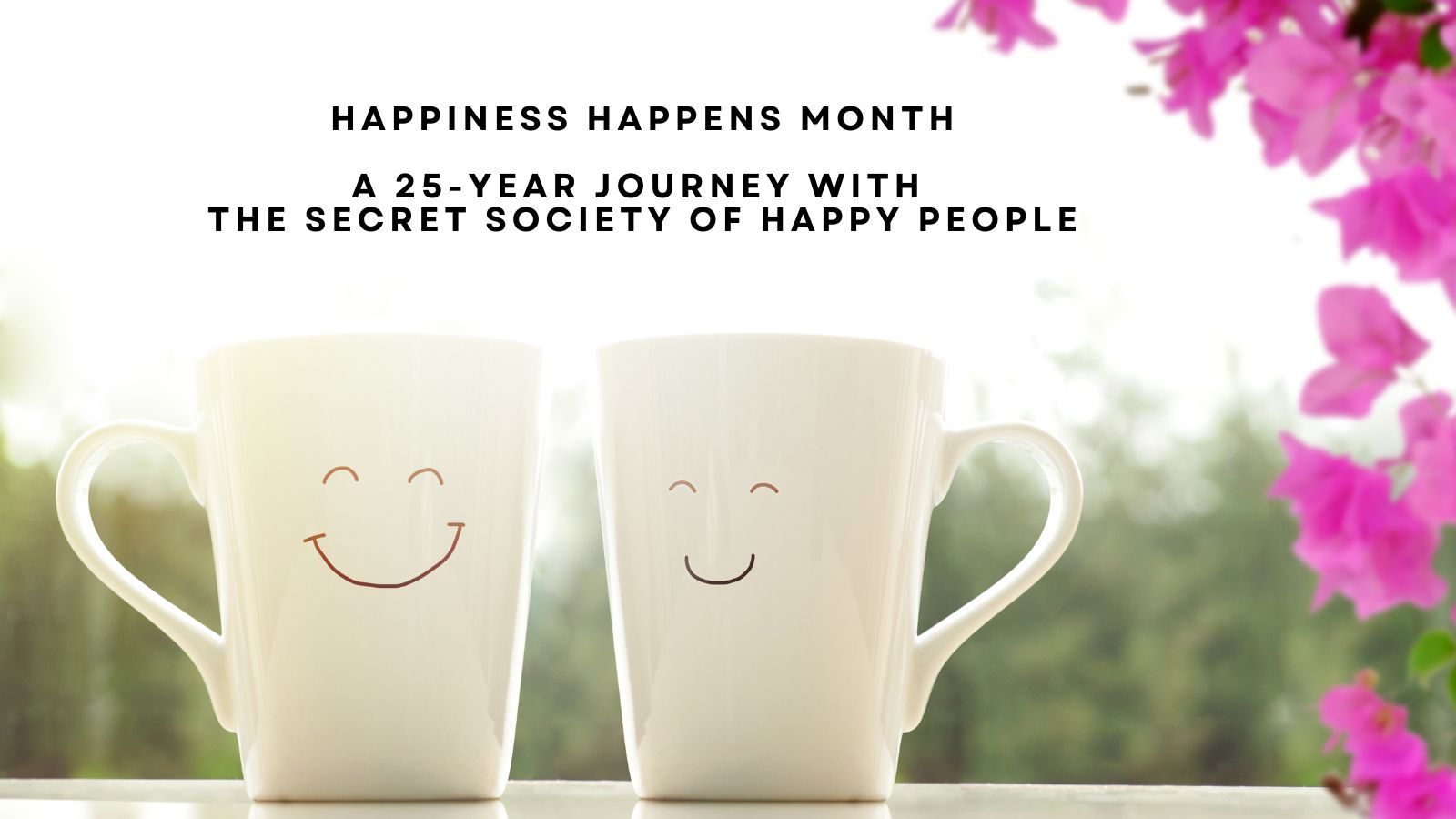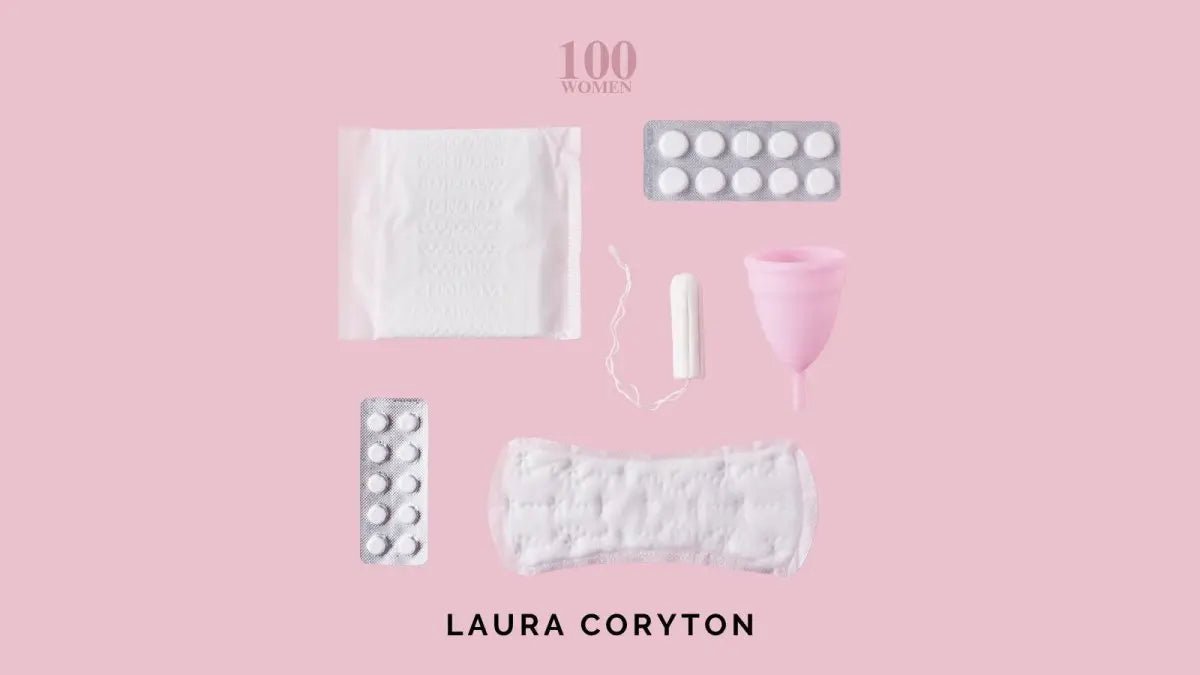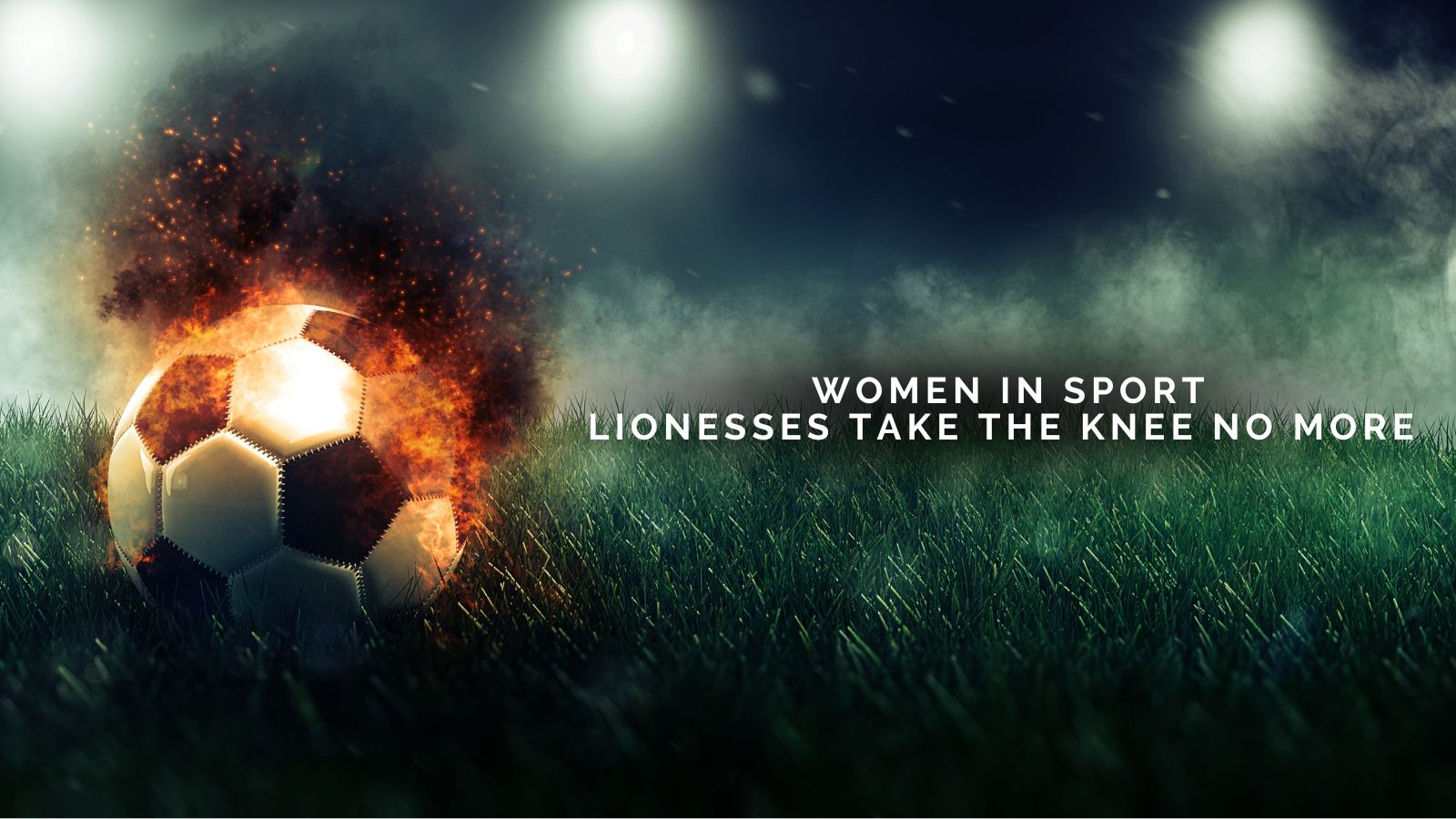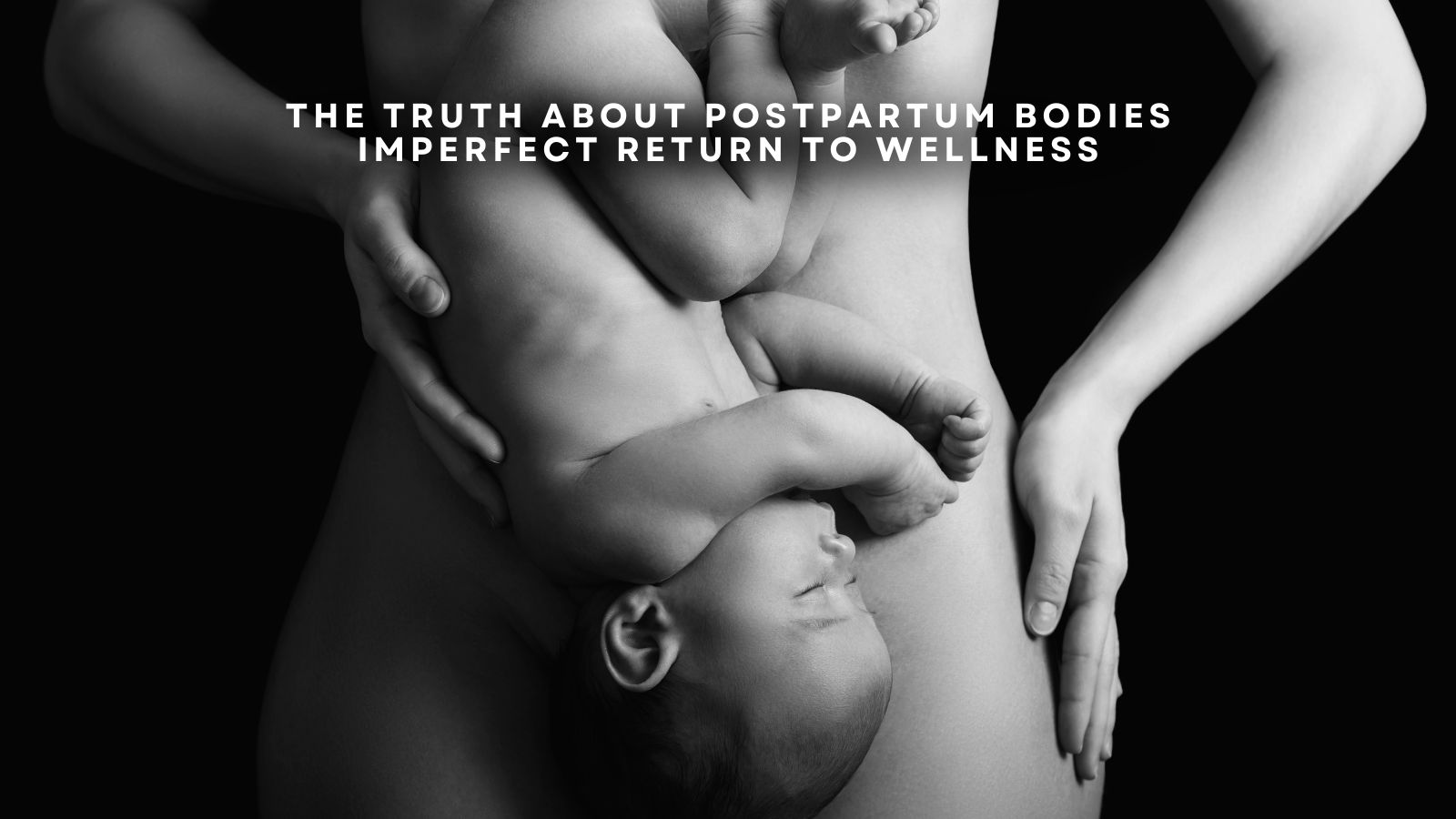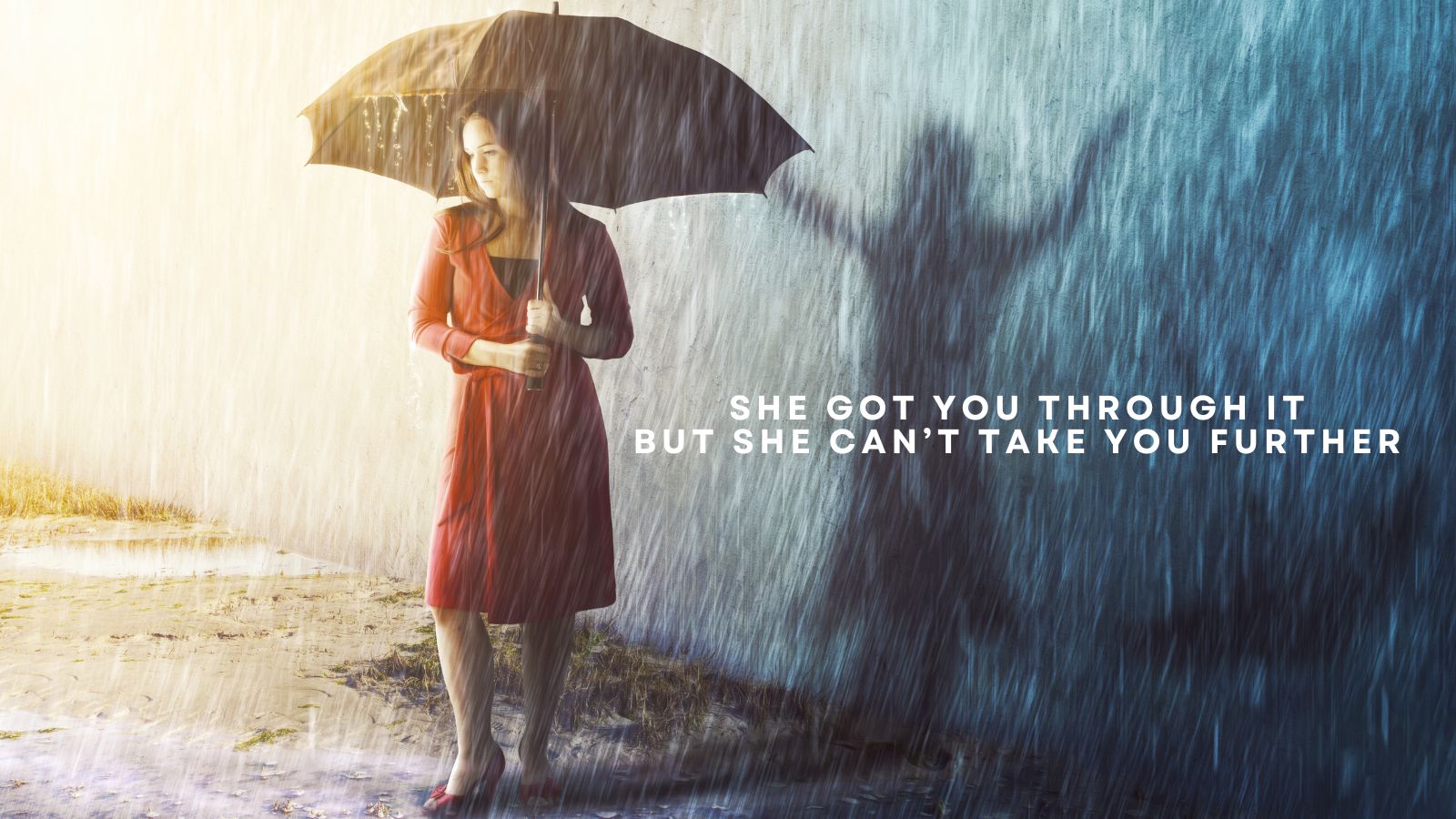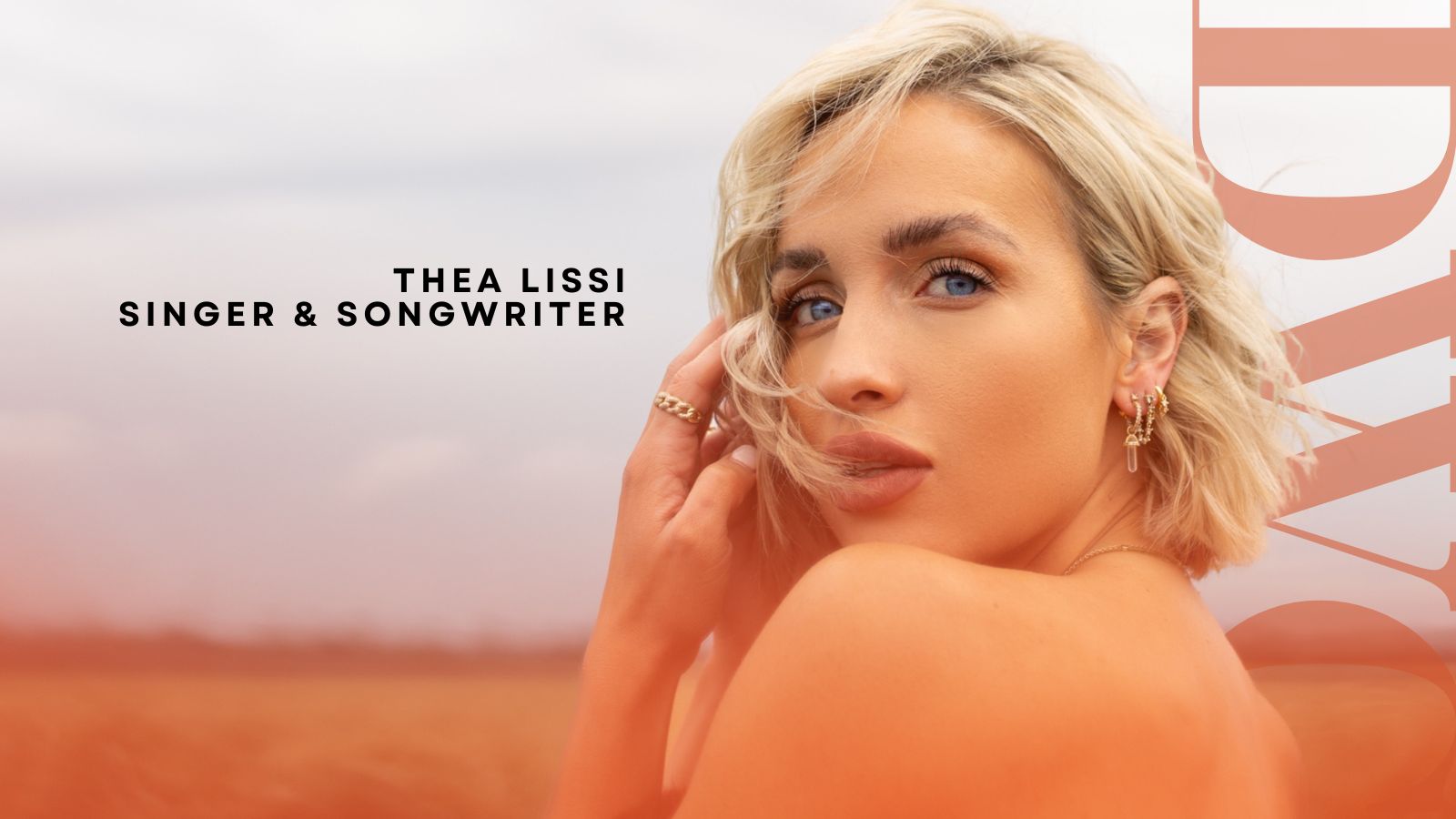
Meet Thea Lissi.
Raised as one of eleven children, Thea turned to music as a way to process life’s harder moments—especially after losing her father to suicide shortly after finishing school. Her journey as a singer-songwriter has been shaped by real-life loss, resilience, and the need to create something honest.
With a sound that blends soul, grit, and storytelling, Thea has steadily built a loyal following. Her recent single “Permanent Ink” explores the lasting impact of unspoken words, while earlier tracks like “SWEETER,” “Best Mistake,” and “When You’re Next to Me” continue to resonate with listeners.
Her song “BAD GUY” marked a turning point in her rise, and with over 1.6 million streams on Spotify, national TV features, and multiple ISSA Award nominations, Thea is just getting started.
In her own words, she reflects on music, motherhood, faith, and the long road back to herself.
For most of my life, I didn’t think I could sing. I was always drawn to music, but it was more of a fuel for my dancing. I’d lose myself in the rhythm, the emotion, the story behind the song. That was my outlet.
It wasn’t until 2020, in the middle of going through a divorce and trying to find myself again, that I started turning to music in a different way. I began writing, recording voice memos in my bathroom, singing through the pain and confusion and healing. It was never about chasing a dream. At first, it was about finding myself again and healing.
Once I started releasing these songs I was writing and saw how many people resonated with them, that’s when I realised this was bigger than just me.
There were so many influences, but Shania Twain was my girl. She made country sound strong, and I loved how she wasn’t afraid to be who she was. I was also drawn to Amy Winehouse. Something about her rawness cracked me open, and I think I felt seen in a way because her voice was raspy like mine. Then there were many others—Jewel, Norah Jones, Chris Brown, TLC and Lil Wayne.
I feel like my sound blends the storytelling of country, the soul of blues, and the emotional grit of pop. It’s not clean-cut, and neither am I. It’s that musical jambalaya that has a little bit of everything—but hopefully in a good way.
In the beginning, I wrote more abstract—like a poet. Over time, I’ve learned to tell stories and try to paint a real picture of exact moments: pain, heartbreak, betrayal, things like that. And over time, I’ve started writing from healing too. The themes that keep coming up lately are usually about resilience, identity, and breaking cycles.
For me, the breakthrough moment was the first time someone messaged me and said a song of mine helped them get through their own dark moments. That’s when I knew I had something to say that mattered.
When life feels overwhelming or uncertain, I go back to basics. Silence, nature, dance, prayer. Sometimes inspiration comes in the stillness, not the noise. When life feels heavy, I remind myself that creating is my release. It doesn’t have to be perfect—it just has to be honest.
I have felt the pressure to conform. There’s always someone trying to shape you. Tone it down, glam it up, be more this or less that. But I’ve learned that the more I try to fit into a mould, the more I lose what makes me unique. So I’ve stopped apologising for being complex. I’m a mum, a boss, an artist, and a mess sometimes—maybe even most of the time, lol. And that’s all part of the magic.
To use my voice—not just musically, but in my life—means not staying quiet about the hard stuff. Whether I’m singing or talking to a young dancer at my studio, I want to show up as myself. That means owning my scars and my strength. My voice isn’t just for songs. It’s for telling the truth. Standing up for what’s right. And encouraging others to do the same.
"Mess You Made" comes to mind when I think about healing through songwriting. It’s unreleased, but writing that felt like ripping open a wound and letting it breathe. I needed to write about the trauma my dad left for my own healing and always struggled to really do that. Putting that into lyrics helped me move through it.
The message I hope women take away from my music? That it’s okay to be all the things. Soft and strong, broken and healing, lost and still powerful. You don’t have to wait until you’ve got it all figured out to take up space and use your voice.
Music is absolutely part of my healing and spiritual journey. It’s how I talk to God when I don’t have the words. It’s how I process grief, gratitude, longing, and hope. Every song is a breadcrumb on my path back to myself. It’s basically my journal.
My writing process usually starts with a feeling or something I’m wrestling with—or a phrase that won’t leave me alone. Or a one-liner that I randomly thought of. I’ll hum melodies or write down lines as they come. Sometimes the chorus hits first, sometimes it’s just a vibe. I record voice notes, try different chord progressions, and eventually piece it together like a puzzle. The final version is almost always rawer than I planned, but that’s what makes it work.
A day in my life when I’m in creative mode? It’s a balance of chaos most days. I might be teaching dance, working in the office with my assistant, cooking or hanging out with my daughter, then running to a studio session. But when I’m in the zone, time kind of stops. I get tunnel vision. And before a performance, I get quiet, pray, remind myself who I am and why I do this.
Vulnerability is the root of my songs, I think. If it doesn’t cost me something emotionally, I probably won’t keep it. There are still things I’m working up the courage to write about—family trauma, shame, faith doubts. But I think those songs are coming.
Juggling being a mum and running a business while chasing a music dream is a challenge in itself. Add in the pressure to constantly be visible and marketable—it’s a lot. And sometimes the emotional labour of being “on” when you’re falling apart inside? That’s the part nobody claps for. Or how hard it is to be so excited about something you've created and to be vulnerable enough to share it on the internet—and no one sees it. Or reacts to it. That’s honestly one of the hardest parts. Makes me want to crawl in a hole sometimes.
To protect my energy and creativity, I’ve learned boundaries. I’ve learned to say no when something doesn’t feel aligned. I check in with my body and my spirit. And I stay surrounded by people who know me outside of all the titles. And sometimes it’s the opposite—where I have to just isolate for a little bit and recharge.
If I could give my younger self advice? Stop trying to earn your worth. You’ve had it all along. Keep creating even when it feels like no one’s listening. It matters more than you know. You got this!
Before going on stage or releasing something new, I usually pray and thank God for letting me be a vessel and share the gifts He's given me. And remind myself—this isn’t about perfection, it’s about connection.
What’s surprised me most about my growth as a woman and an artist is that the more I embrace my story—mess and all—the more I attract the right people and opportunities. I spent years trying to be “less.” Turns out, my power was in being fully me.
I used to define success by numbers, streams, followers. Now, it’s connection. It’s when someone says, “Your song made me feel seen.” That’s the kind of success I can sleep peacefully with.
Right now, I’m writing some of the most honest songs of my life. I’m dreaming about live shows, maybe a stripped-back tour. Personally, I’m leaning into rest and open to what God has in store for this next chapter of my life.
The most unexpected lesson I’ve learned through music and storytelling? That the stories I was most ashamed of ended up being the most powerful ones. When I stopped hiding, people leaned in closer. That blew me away.
Balancing sharing my truth while keeping parts of my life sacred is honestly hard to do. I don’t know that I’ve figured out the answer to that yet. I try to write from a place of authenticity, and that often means going deep.
There have definitely been moments when I doubted my path. Especially when life knocked me down personally and I felt like I had nothing left to give creatively. What pulled me through was God, honestly. And the quiet knowing that this gift wasn’t given to me by accident.
A song that feels the most like me? “Bad Guy.” I feel like that song was my way of standing up for myself. I’m tired of being made out to be a villain when I finally set boundaries and say no more. And I think the style, vibe, production—everything—is just me.
If my journey were a lyric, it would be: “I’m still standing better than I ever did.” – Elton John.
Connect with Thea Lissi on her website, stream her music on Spotify or Apple.
